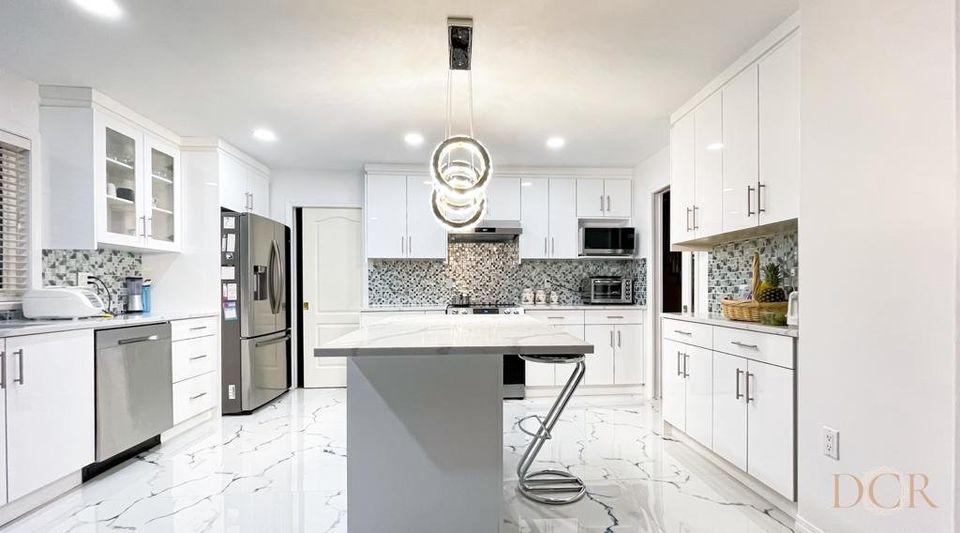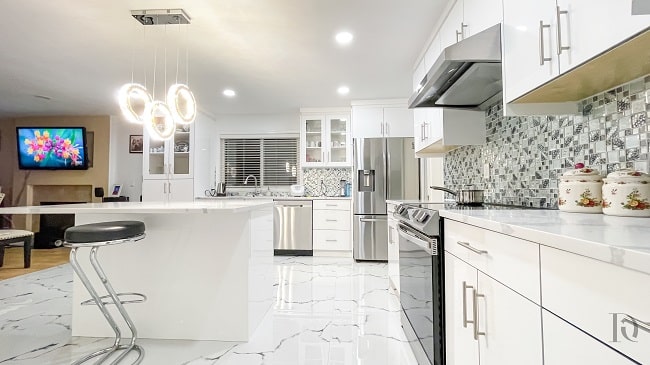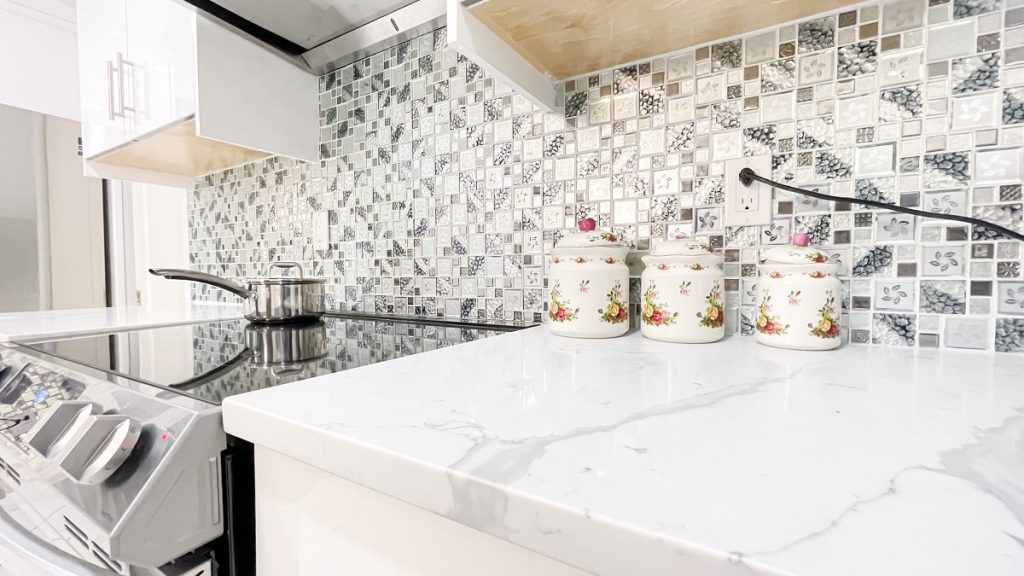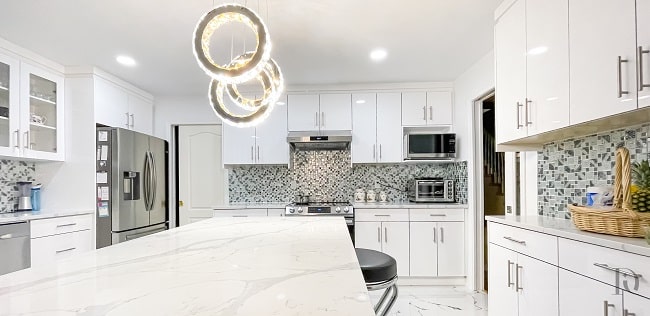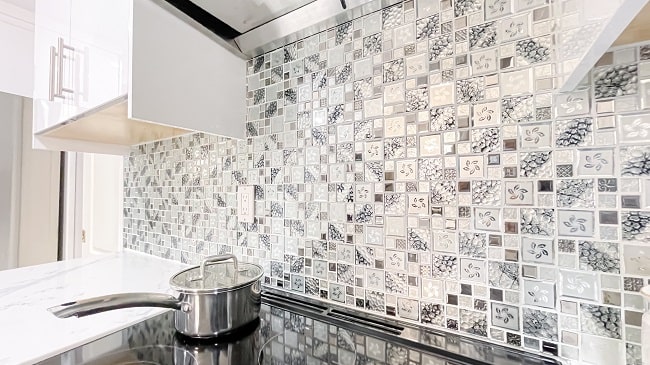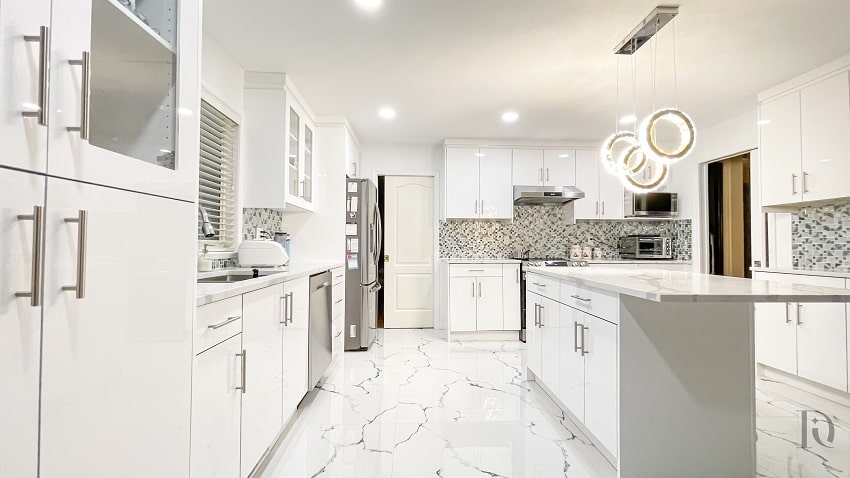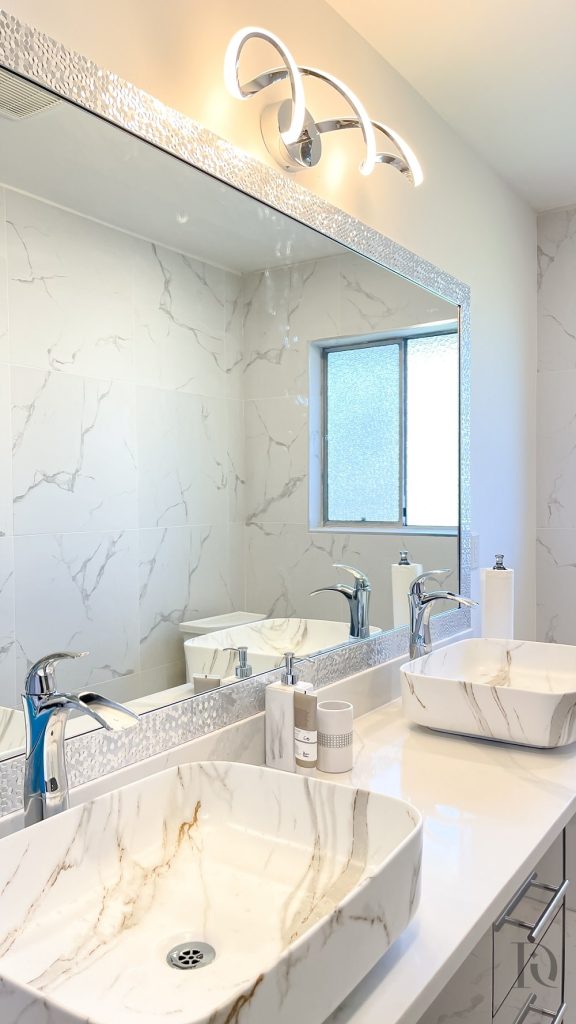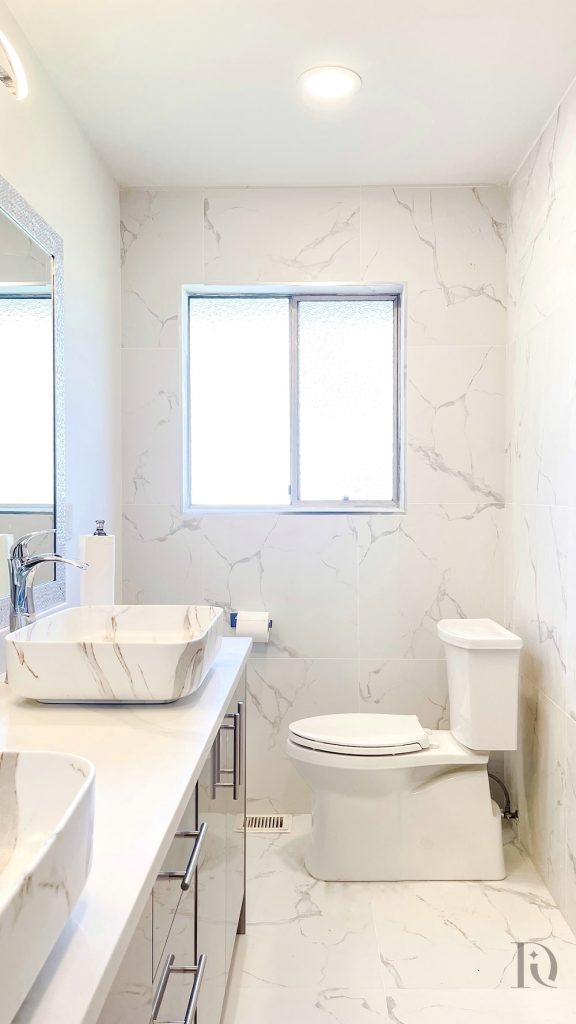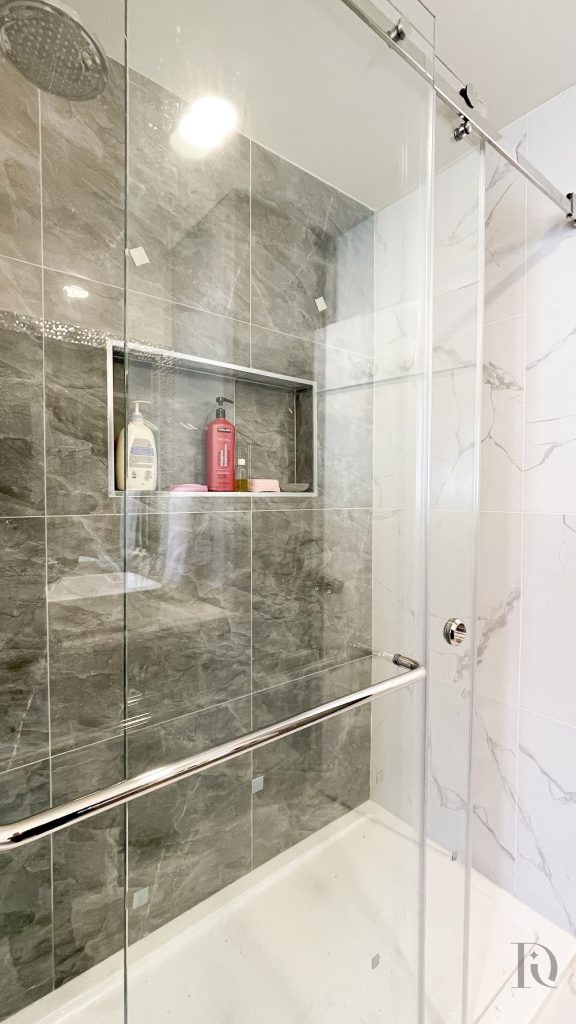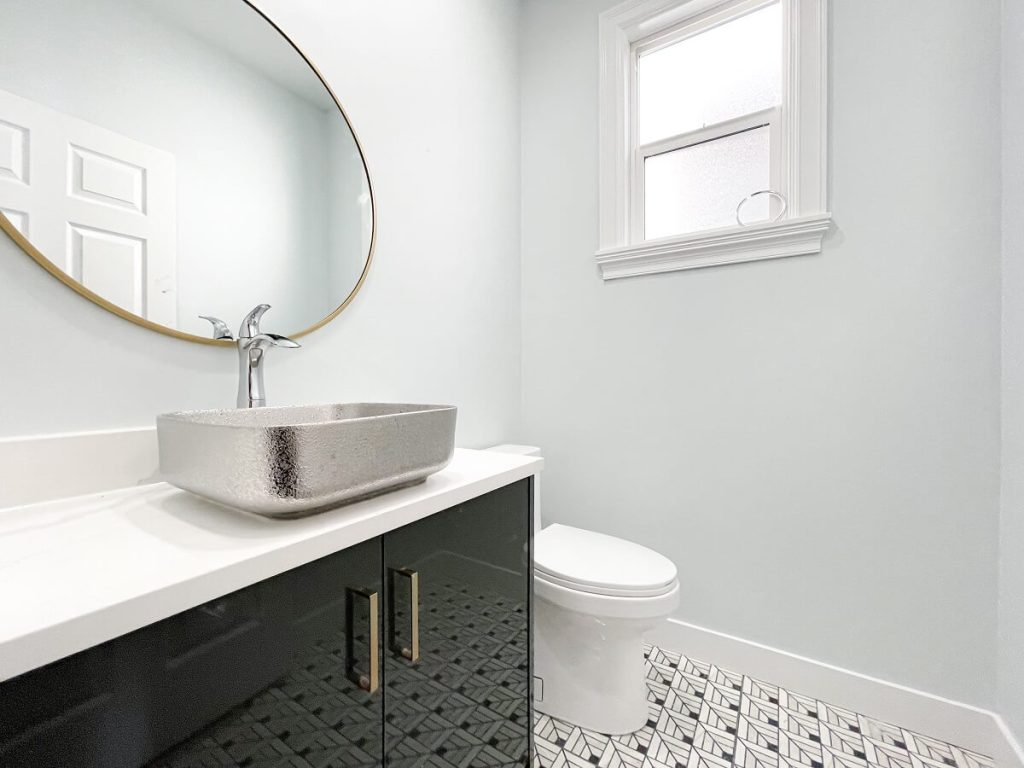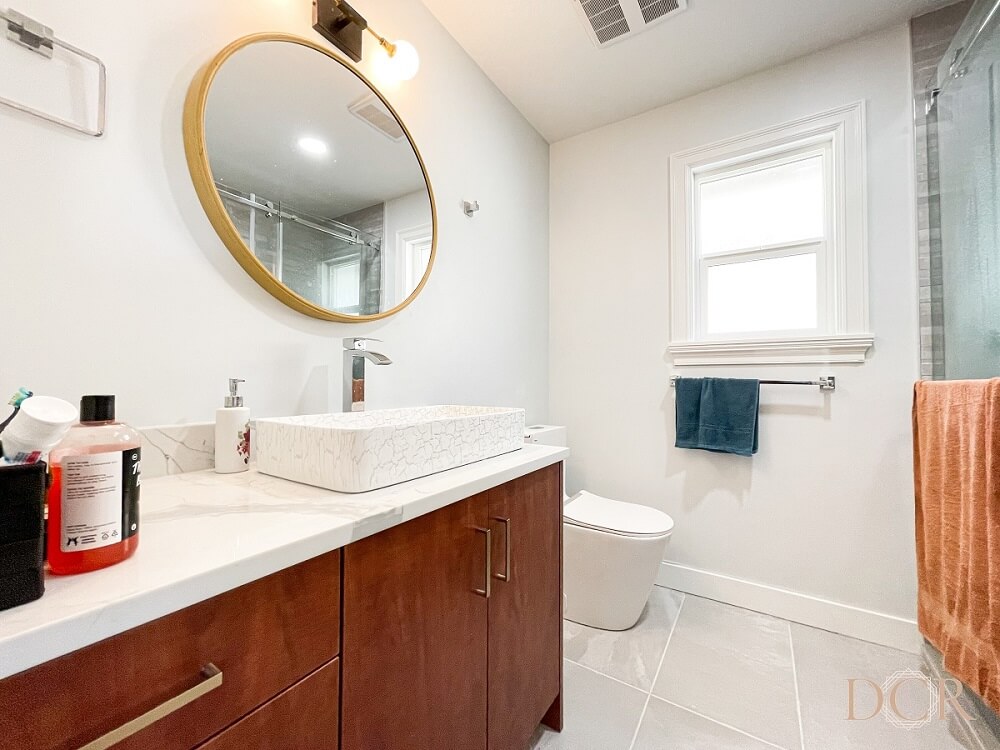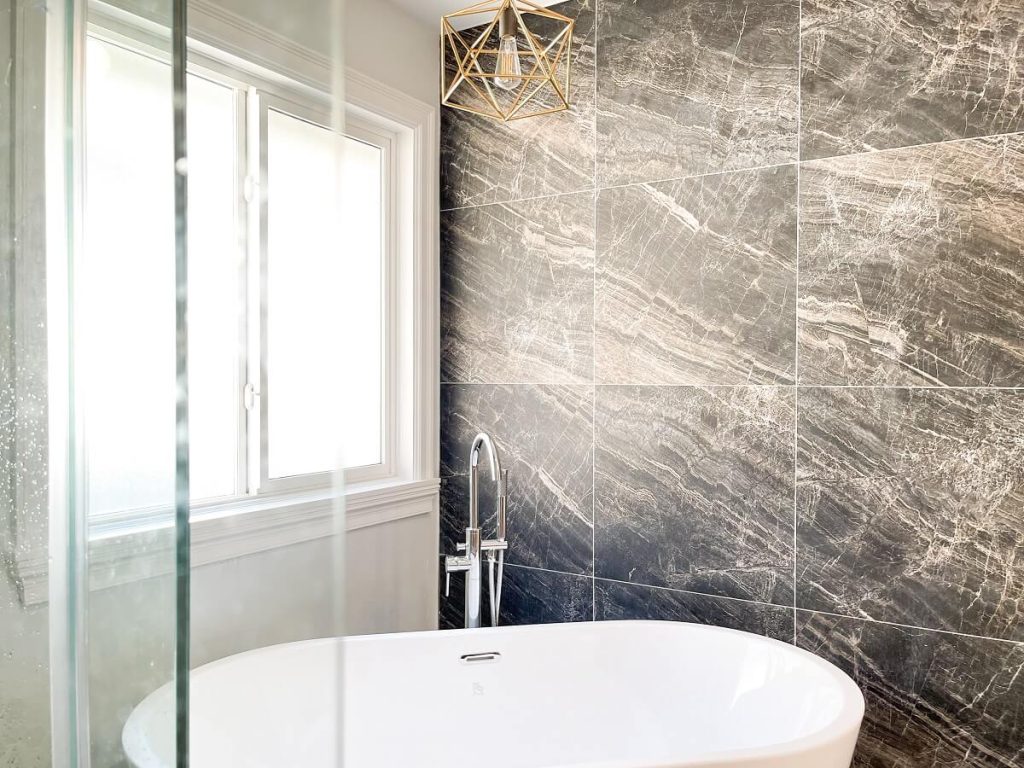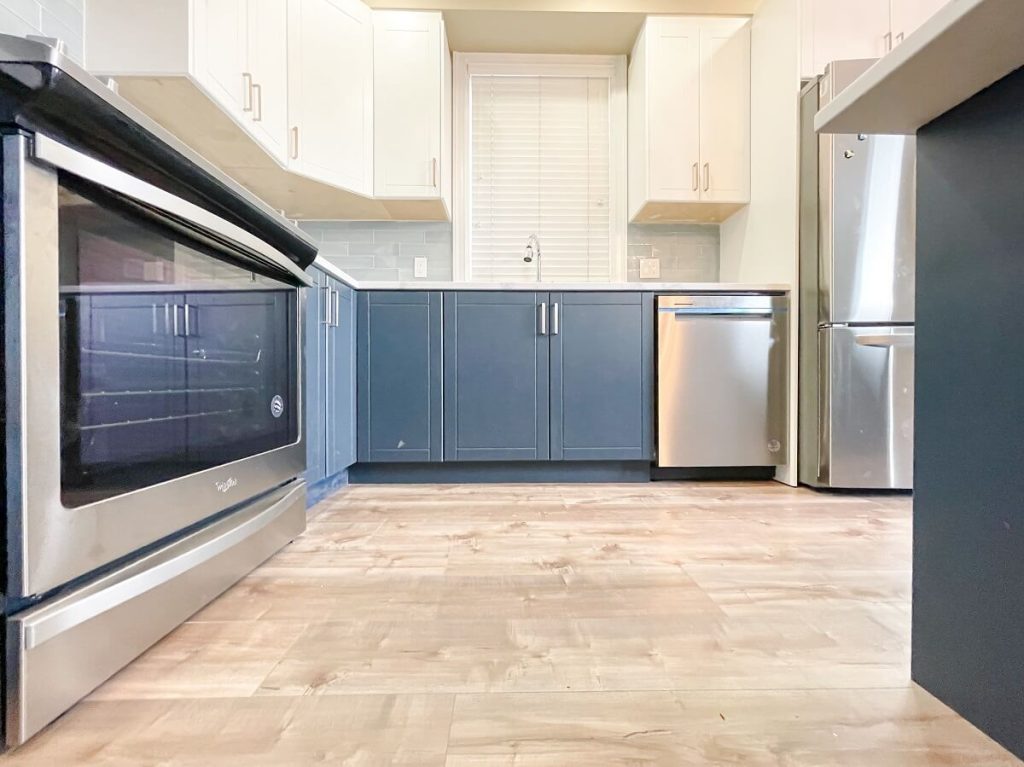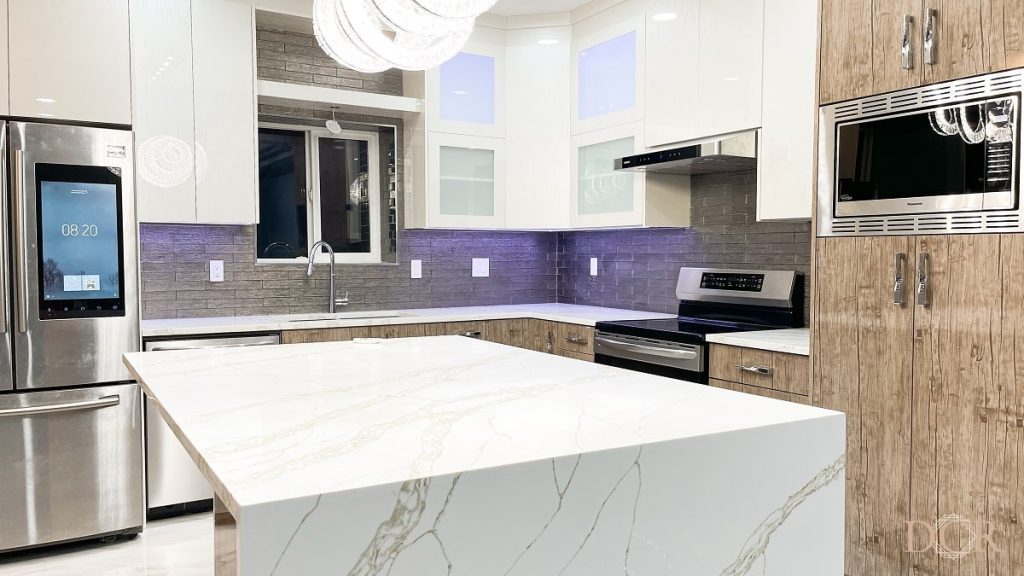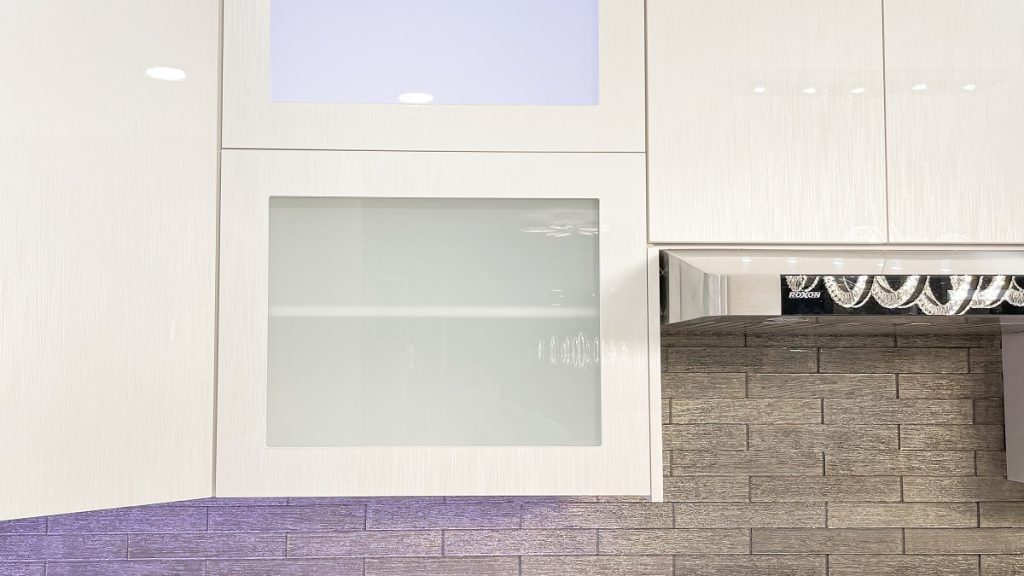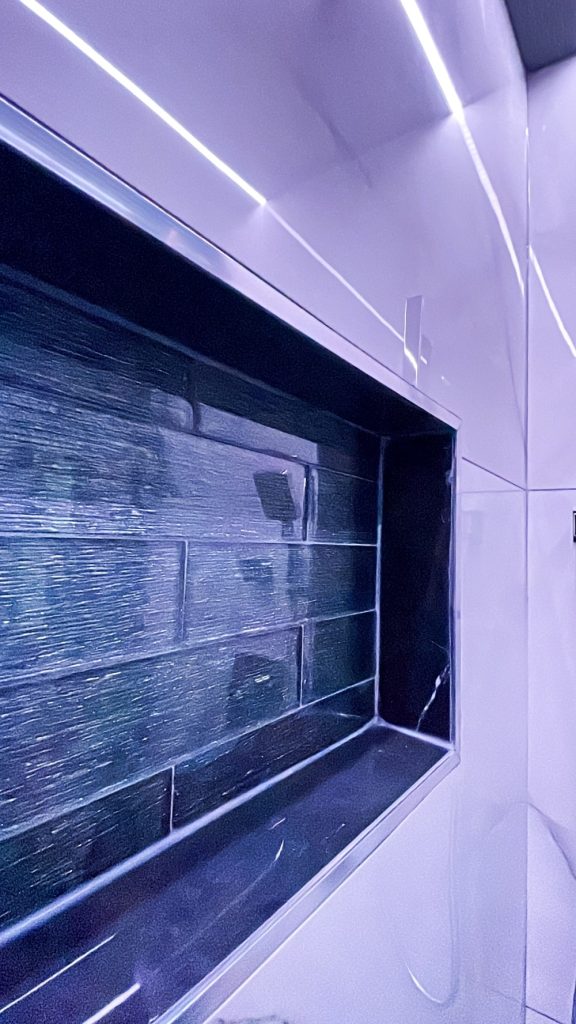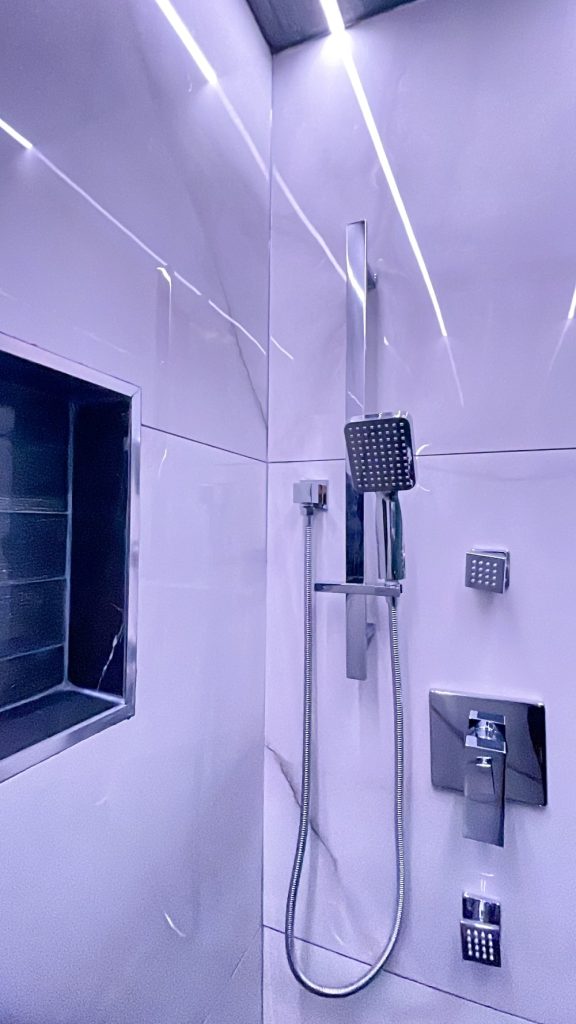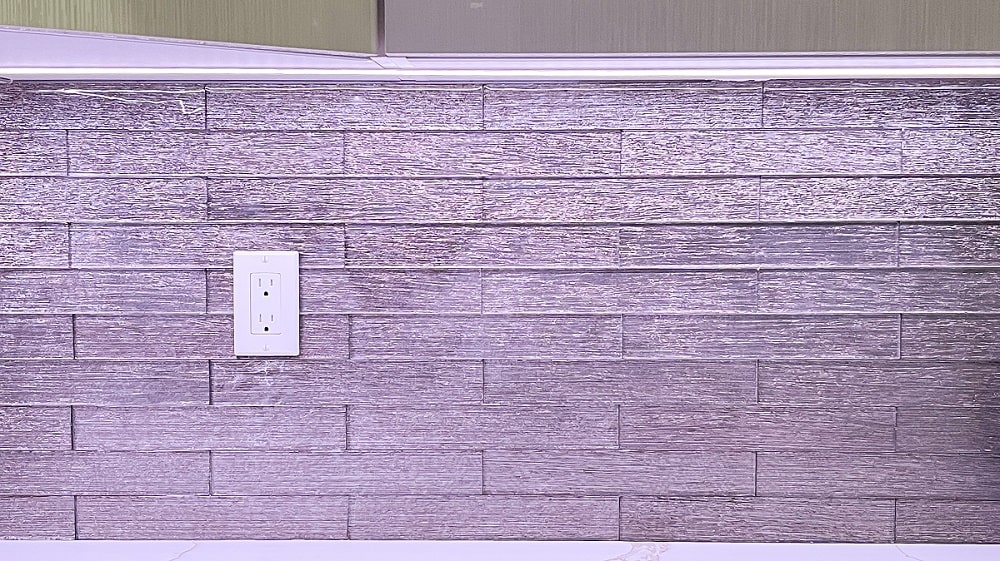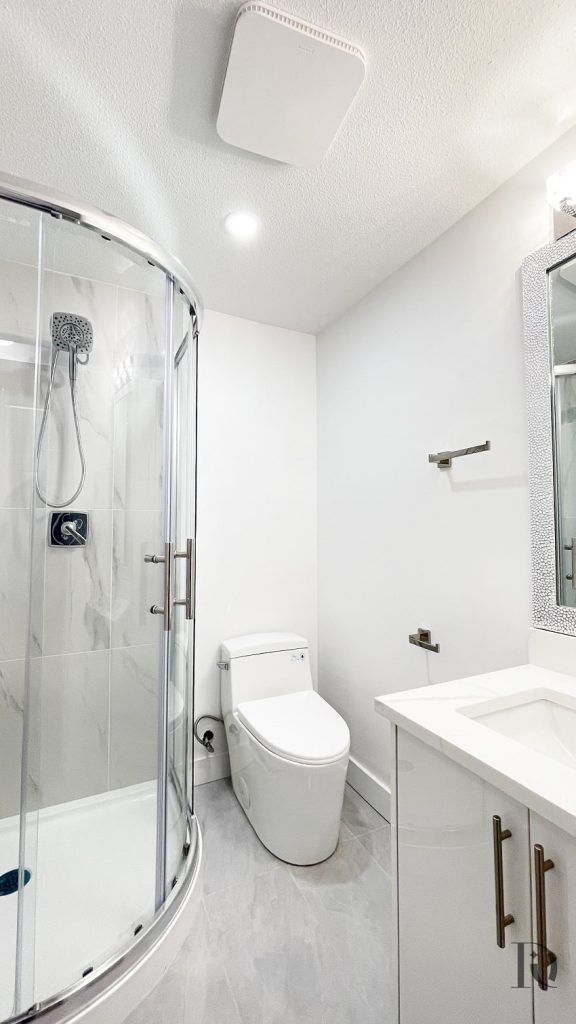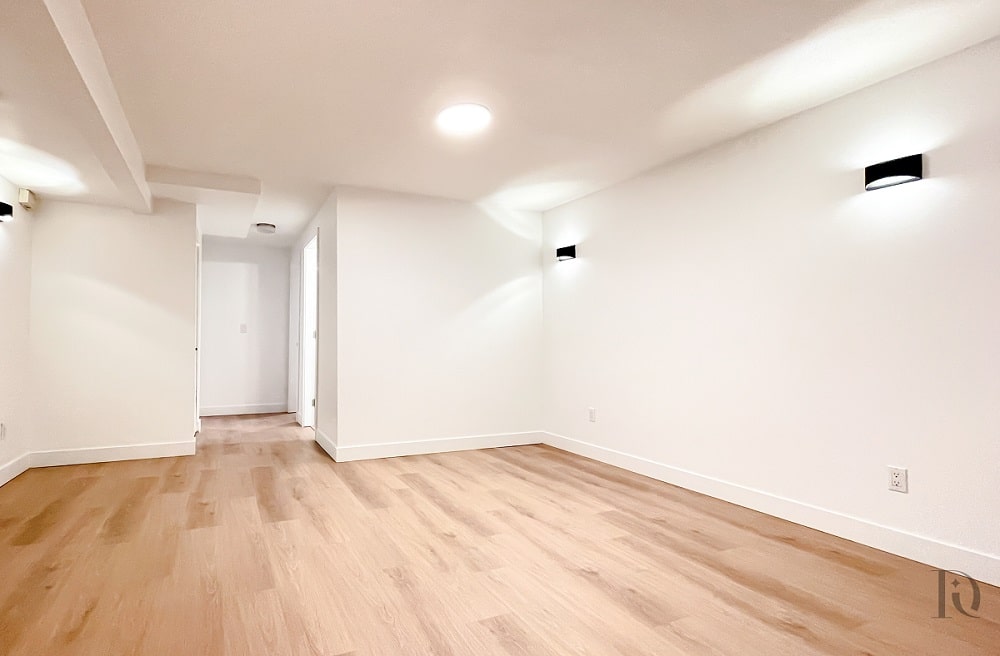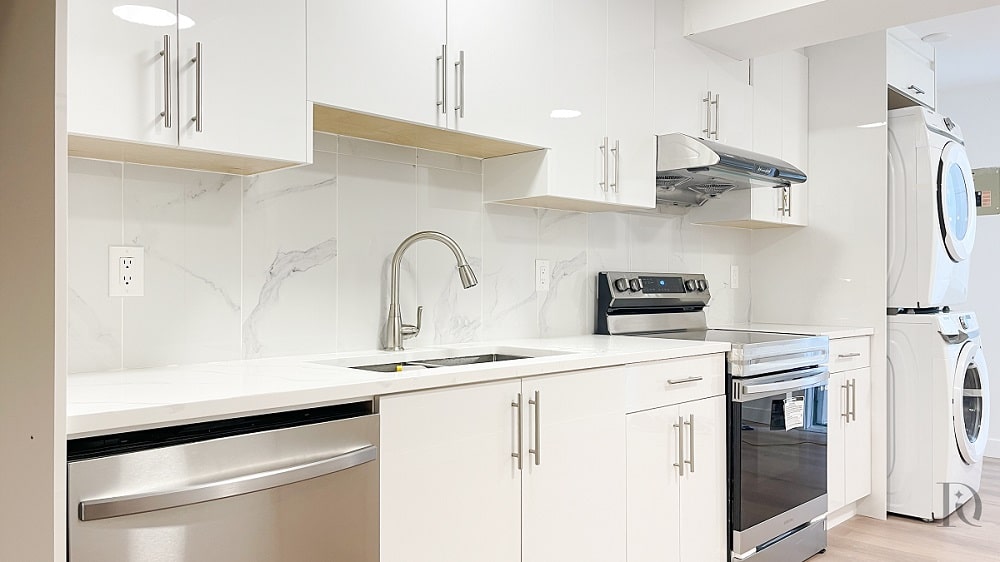- +1 236 880 6667 Make a call
- [email protected] Drop us a line
- 6465 140A St, Surrey, BC V3W 9H9, Canada Get Direction
How Much Does it Cost to Build a House?
Why settle for someone else’s vision if you can construct your home? Building your house provides an opportunity to create a space that matches your personality, style, and dreams. It allows you to personalize every detail and make your fantasies a reality.
Knowing the cost of home building is essential to a project’s success. The cost of building a home is determined by a variety of factors, including its location, size, design, materials utilized, and worker expenses.
Let’s look at the aspects that influence the entire cost of building a house, and we’ll help you calculate the building costs involved in making your dream home a reality.
Building a house is a significant and exciting endeavor, but one of the first questions on everyone’s mind is, “How much is this going to cost?” The truth is, that the cost of building a home can vary greatly depending on a variety of circumstances.
Here’s a breakdown of what you need to know to get a clearer picture of the potential expenses involved.
Location
The cost of building a house can vary significantly depending on where you live. Urban areas and locations with high property values will generally have higher construction costs compared to rural areas. This is due to higher labor costs, stricter building codes, and increased material transportation expenses.
Size and Design of the House
The size of the house is one of the most direct factors affecting the overall cost. Bigger houses need additional supplies and work, which raises the cost. Additionally, custom designs and unique architectural features can drive up costs. If you’re building a custom home with complex designs or high-end finishes, expect to pay a premium.
Quality of Materials
The materials you choose for your home will greatly impact the cost. Choosing high-end finishes, luxury fixtures, and premium materials will increase your budget. Conversely, using standard materials and finishes can help keep costs down. Keep in mind that while cheaper materials may reduce upfront costs, they might also have a shorter lifespan or require more maintenance.
Labor Costs
Labor costs can vary based on location, the complexity of the project, and the availability of skilled workers. In high-demand areas or during peak construction seasons, labor costs might be higher. It’s also important to choose reputable contractors who provide quality work, as cutting corners on labor can lead to costly repairs in the future.
Permits and Regulations
Before you start building, you’ll need to acquire various permits and adhere to local building codes and regulations. These requirements can vary by location and can include zoning laws, environmental regulations, and safety standards. The cost of permits and inspections can add up, so make sure to factor these into your budget.
Utilities and Infrastructure
Connecting your new home to essential utilities—such as water, sewer, electricity, and gas—can be an additional cost. The distance from existing infrastructure can affect these costs, with more remote locations typically requiring more expensive connections.
Land Costs
If you haven’t already purchased land, this will be one of your largest expenses. The cost of land varies depending on where it is situated, size, and market conditions. In some cases, the price of land can be as high as, or even higher than, the cost of construction.
Contingency Budget
Unexpected expenses are a common part of building a house. To account for this, it’s wise to set aside a contingency budget—typically around 10-20% of the total construction cost. This will help you manage unforeseen costs like changes in material prices or unexpected site issues.
Finishing Touches
Once the main structure is complete, you’ll need to consider the cost of finishing touches, such as landscaping, interior decorating, and furnishing. These costs can add up quickly, so it’s important to include them in your overall budget.
Estimated Costs
While it’s challenging to provide an exact figure without knowing specific details, here are some rough estimates to give you an idea:
- Average Cost per Square Foot: In the U.S., the average cost to build a house ranges from $100 to $200 per square foot, but this can vary based on the factors mentioned above.
- Total Cost for a 2,000-square-foot Home: At an average cost of $150 per square foot, building a 2,000-square-foot home would cost approximately $300,000.
Conclusion
Building a house is a major financial commitment, and understanding the various factors that influence cost is crucial for planning your budget. By considering location, design, materials, and other key elements, you can get a clearer picture of what to expect. Our professionals at DreamCast Renovators will help you to get the best results.
It’s always a good idea to work with a knowledgeable contractor and financial advisor to help guide you through the process and ensure that you stay within your budget.
Whether you envision a modest cottage or a large estate, smart financial planning will help you make your dreams a reality without breaking your budget.


